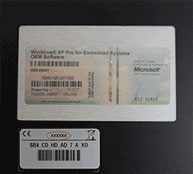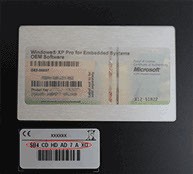The incorporation of technology in the medical sector has had an impressive impact in the industry. One such case is the use of self-service kiosks in hospitals.
A projected capacitive touchscreen manufacturer can produce a self-service kiosk that caters to several applications in a hospital, particularly in the administrative section.
One benefit of this is that self-service kiosks reduce the operating costs of a hospital in many ways. When patients are allowed to do their own check-ins/checkouts and payments, it means that the staff that was traditionally responsible for these duties can do other jobs.
Shorter Waiting Times
Before the use of digitised systems of self-service kiosks, hospital workers had to input patient information manually, which is a tedious and lengthy process.
Now patient waiting times are down because digitised systems work at faster rates. By just swiping an ID card on the machine, you can enter patient information a matter of seconds.
Reduced Errors
A self-service kiosk produced by a projected capacitive touchscreen manufacturer offers the advantage of fewer mistakes, which is a common challenge when inputting data manually.
With a touch display, a patient only has to touch certain numbers or letters on a screen to collect the necessary information.
Lesser Confusion
Self-service kiosks in hospitals can be used to provide a lot of information such as the attending physicians, a map of the hospital or scheduled treatment times.This information works very well in avoiding patient confusion.
If a patient wants to know where the radiology department is, they just ask the kiosk. A patient doesn’t have to run around the hospital looking for a specific doctor when they can just find their office at a self-service kiosk.
Sources:
5 Benefits of self-service kiosks in hospitals, techadvisory.org
Self-Service Kiosks Help Hospital Reduce Patient Wait Times, Paperwork, And Anxiety, informationweek.com


